London voices: poetry, photos and unheard issues
The Neighbourhood Voices conversation in London looks at election messaging, hopes and some of the issues not being discussed.
- What stories are the political parties telling in this General Election campaign
- What are the stories low-income citizens have to tell, or would like to hear?
- What issues are being sidelined or ignored as the UK prepares to head to the polls?
Those are some of the questions we discussed in the fifth Neighbourhood Voices conversation, with ATD Fourth World in London.
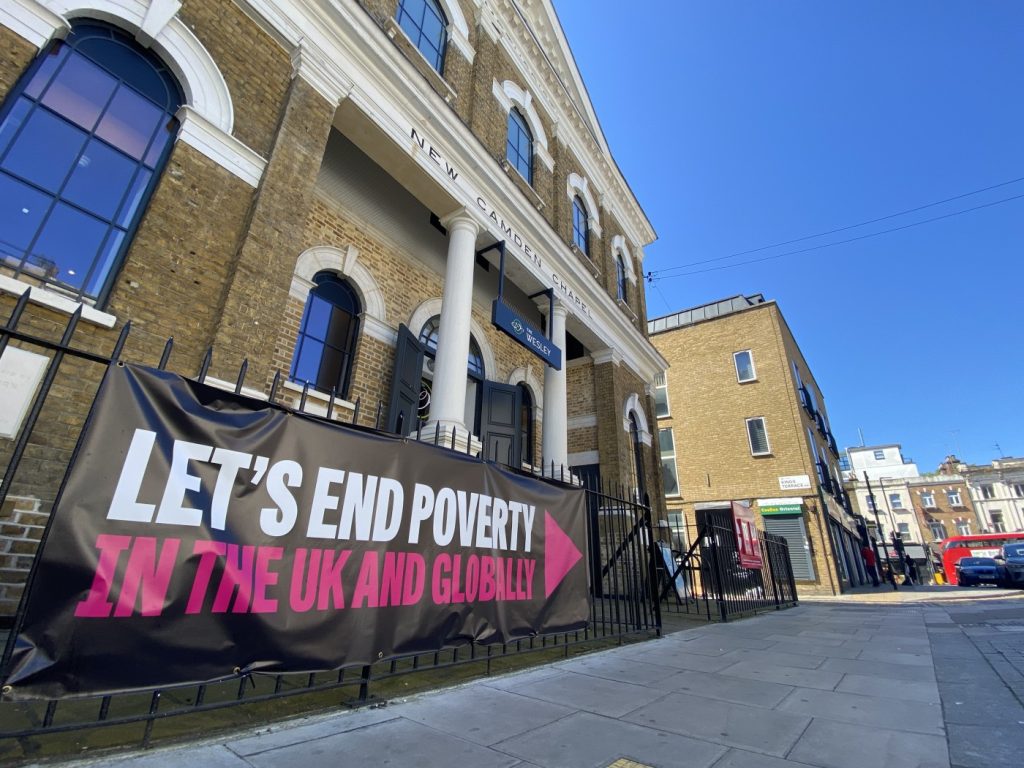
Poems and politics
The conversation took place at Camden Town Methodist Church, alongside photos and poetry from ATD members’ exhibition, The Power of Creativity, as well as Stephen Martin’s touring Dreams & Realities exhibition.
Andy, who was leading the session, began by asking people what one issue they cared most about in relation to the imminent General Election.
Answers included:
- The need for fairer benefits assessments
- Housing
- Homelessness
- Health services
- Poverty and inequality
- Brexit
- The right to family life
- Partnering with groups with lived experience of poverty
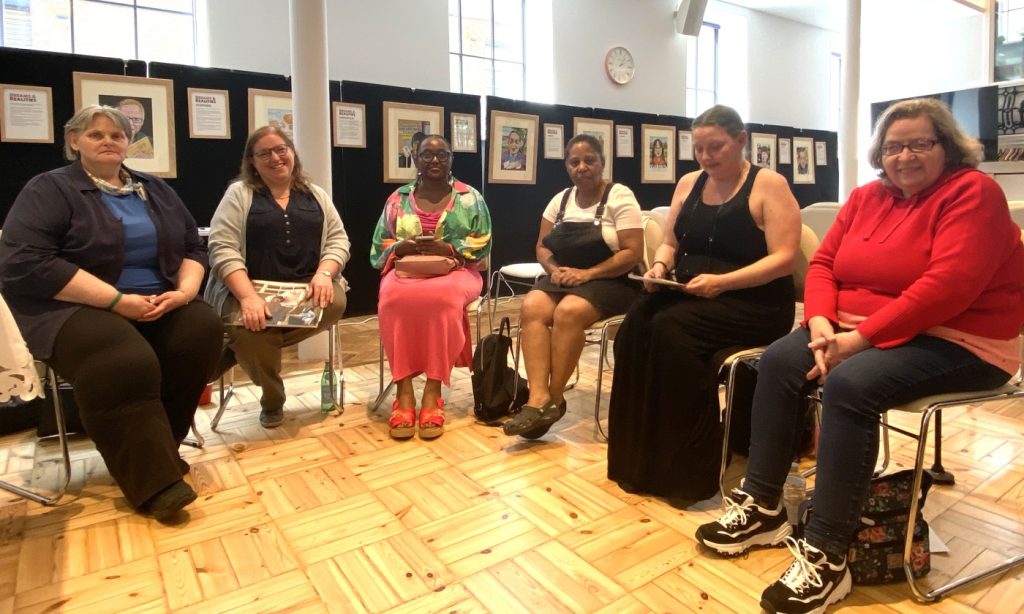
Election stories and messages
The group then watched election videos produced by five of the political parties, and discussed the feelings that the videos prompted. Answers were diverse: sceptical; overwhelmed; selective.
People noticed what was omitted from the films, and observe that some focused only on the past (distant or recent) rather than the future. There were areas of agreement, around peace, transformation, and some issues that people agreed mattered: housing, health, living costs, for instance – and several people felt they did know more now about the election than before.
The consequences of voting can be very big
Andy said: “We voters have to live with the fact that our priorities will not always be the priority for the parties…. We have talked for six months about the election and politics. We’ve talked about people saying all politicians are the same; we’ve talked about the idea that nothing changes. But look at what policies comes after each election, and what has happened. The consequences of voting or not voting can be very big.”
Unheard issues
Several ATD participants then read notes they had written about issues they cared passionately about, and which they felt were not being adequately addressed at national level.
Patricia spoke about having contributed to a report in the Amnesty magazine, about poverty as a human rights issue, and also about forced adoptions and shortcomings in some social services systems.
She said she had been working to get rid of poverty and discrimination for over 20 years, and said many ATD activists’ involvement had begun as a result of social services policies and practices.
“The way parents in poverty are treated is way out of proportion. You often get judged by social workers instead of supported to have what you need to raise your children decently. When you are scrimping on the basics, you don’t have the money to cover up the cracks.”
Amanda spoke about the systems that are meant to enable birth parents to write to adopted children, but which often fail.
Angela spoke about domestic violence, and the particular pressures on victims in poverty. She said: “When you live in poverty, you’re especially vulnerable when in situations of domestic violence. It’s harder to leave without the certainty of safe housing; there is a higher risk of homelessness or isolation… In poverty, you also find less support to deal with it.”
Lareine read a message on behalf of another ATD member, Ruth, who talked about the barriers to people in poverty who want to pursue art, and about the importance of authentic art from people in poverty being seen and heard.
Ruth had said: “When you live in poverty, you don’t have time for anything. You are constantly worrying about money, about getting a job, about going to have appointments. It is a constant fight…. When you live in poverty, you always feel judged.”
Sue read on behalf of Jade, who talked about her art and about the judgmental attitudes she had faced from social services workers, because she is autistic.



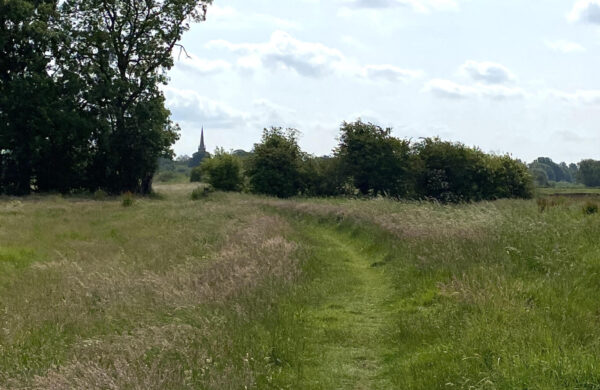
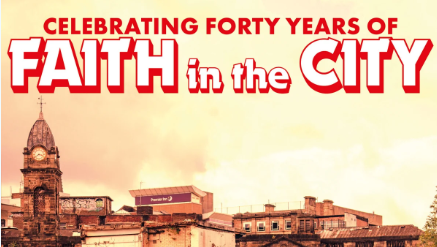
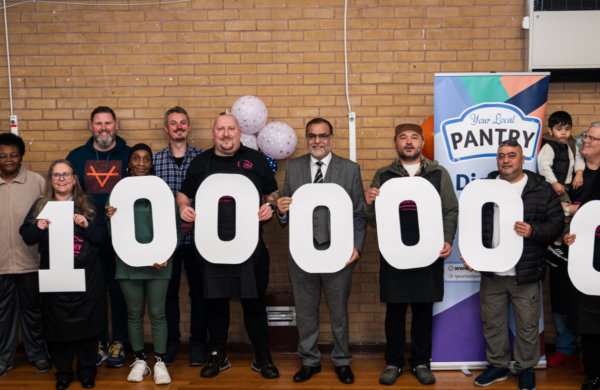
Comments (02)
Comments are closed.